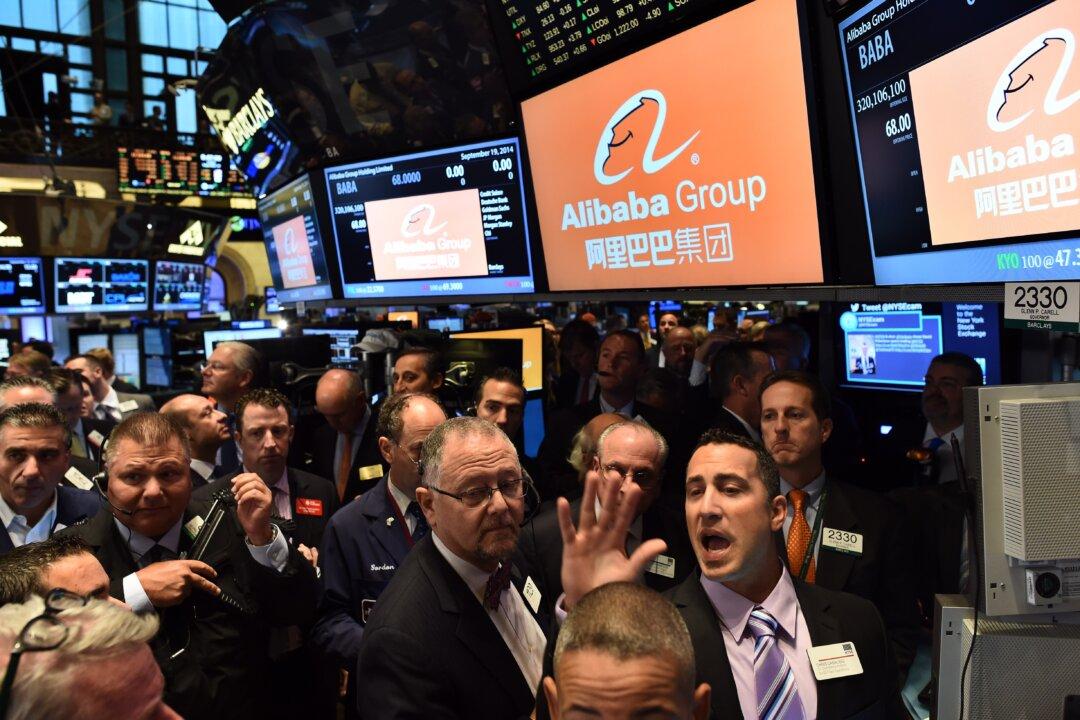WASHINGTON—China has escalated its regulatory crackdown on its private sector, sending shockwaves across global markets. The move, which has wiped out more than $765 billion of value from U.S.-listed Chinese companies in recent months, sends a stark message to dozens of domestic firms that seek to tap into U.S. capital markets.
Beijing’s crackdown on Chinese firms is growing by the day, with private education companies becoming the latest target. China unveiled a sweeping overhaul of its $100 billion education technology sector last weekend, which banned firms from making profits, raising capital, or going public. Fast-growing online tutoring companies were among the targets.





